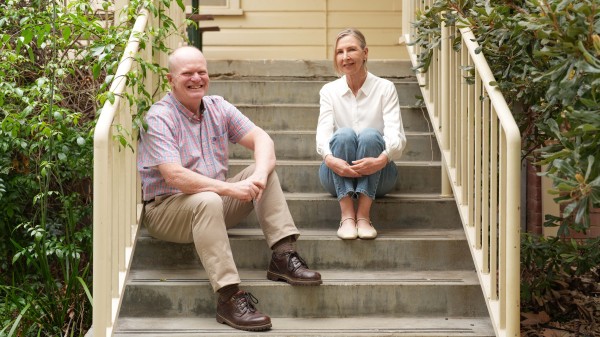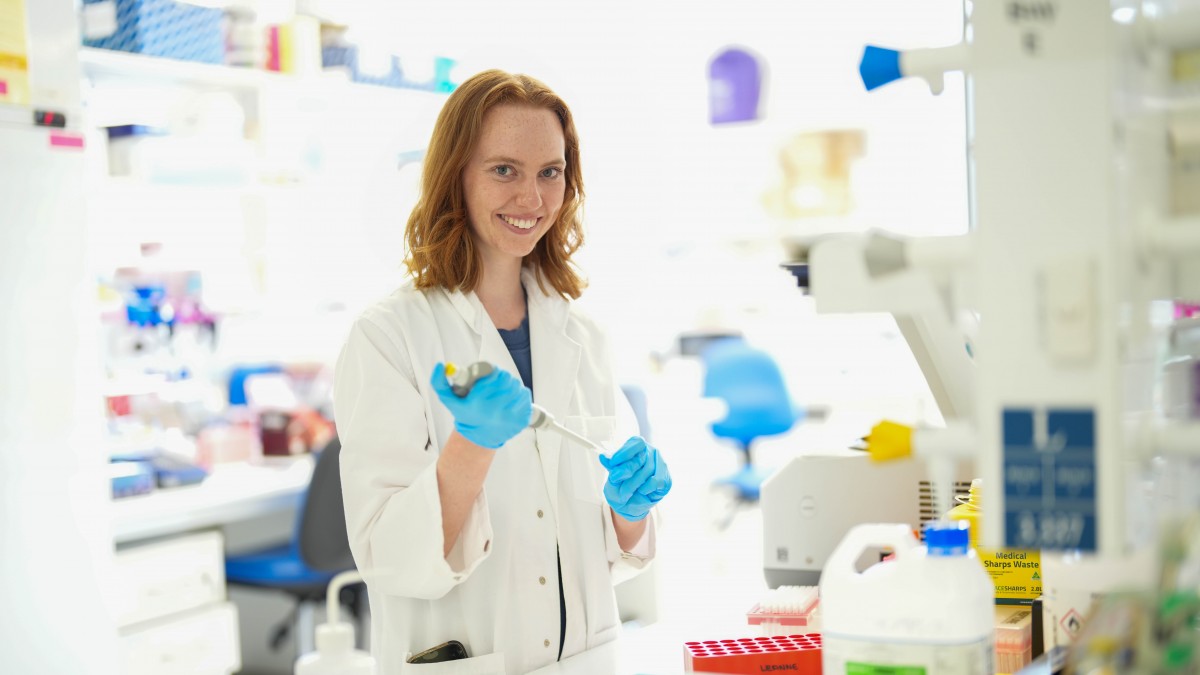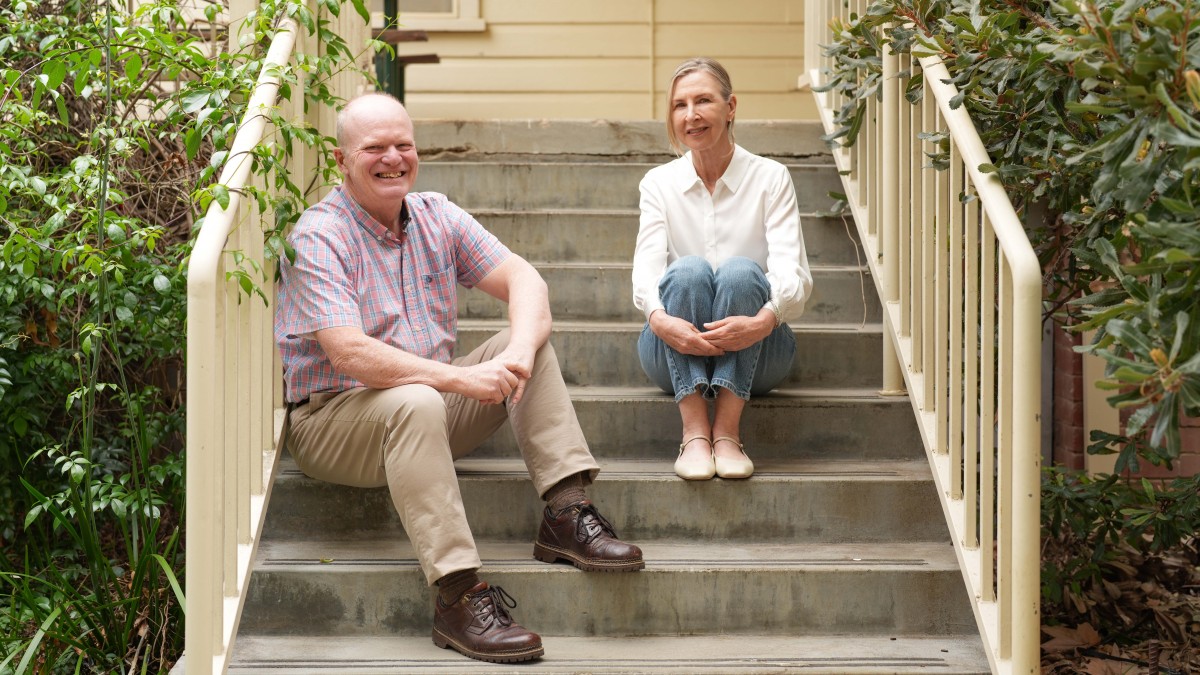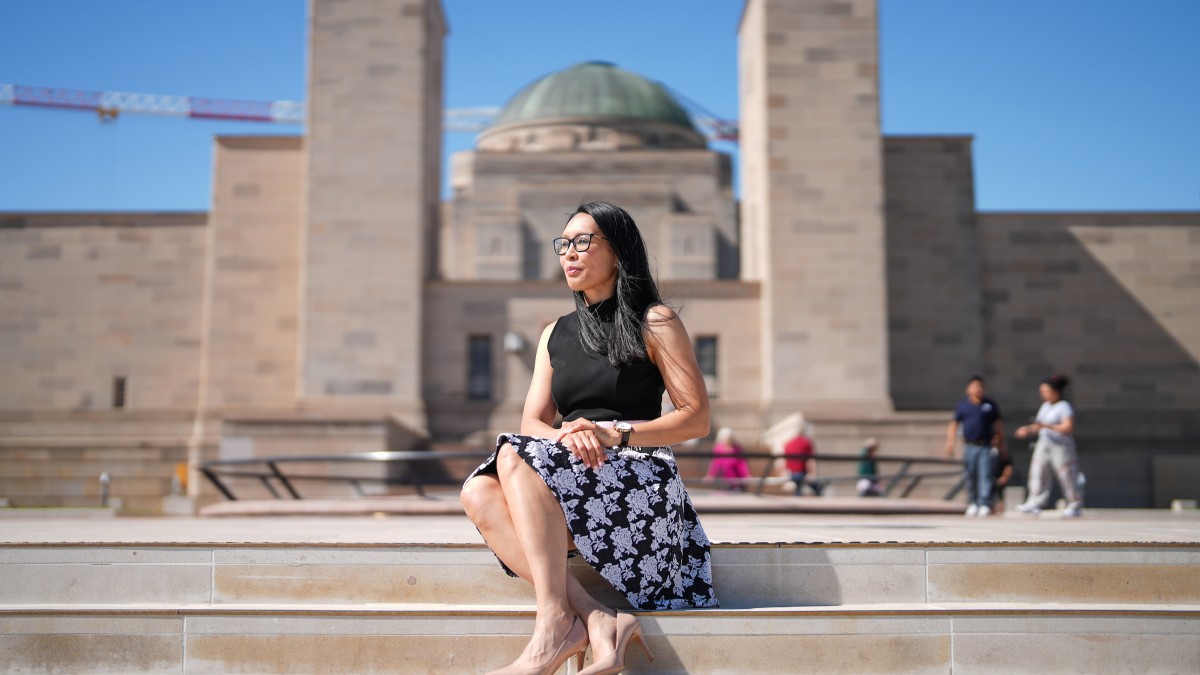For Phoebe Doohan, researching melanoma treatments is personal.
The John Curtin School of Medical Research (JCSMR) Honours graduate lost a close family friend to the disease, and her great aunt is currently fighting melanoma, so trying to find better treatments for melanoma patients was close to her heart.
Having focused on immunology in her undergraduate degree, Ms Doohan went further, looking at ways to harness the power of our own immune system to fight cancer.
Her findings mean patients could respond better to immunotherapy treatment.
“I was researching melanoma, and looking for mechanisms by which patients can overcome the tumour,” she said.
“We are looking for treatments that can be used alongside immunotherapy to improve patient outcomes.”
Ms Doohan’s research identified mechanisms by which the MHC class II molecule is regulated in melanoma tumours. This molecule is present on some melanoma cells, presenting antigens which allows the immune system to recognise cells as cancerous.
Patients that have melanomas with high expression of MHC class II are more likely to survive with immunotherapy treatment. Ms Doohan was looking at what regulates the protein, and how to create treatments that will allow it to be expressed more commonly.
“If tumours are expressing it, the immune system can identify and kill the cancerous cells,” she said.
“I found a couple of mechanisms responsible for repressing MHC class II expression – particularly a complex called the polycomb repressive complex. Cancer cells seem to hijack this complex to silence the genes that are responsible for expressing MHC Class II.”
“I found that by therapeutically suppressing this complex, I could increase the expression of MHC class II on melanoma cells. Hopefully this will mean that we can use these therapeutic agents to help patients better respond to immunotherapy treatments.”
Ms Doohan will resume her studies next year at the ANU Medical School and aspires to continue contributing to groundbreaking research in the future.










